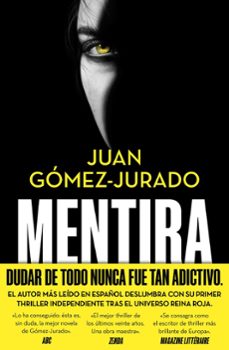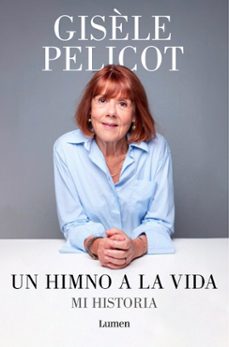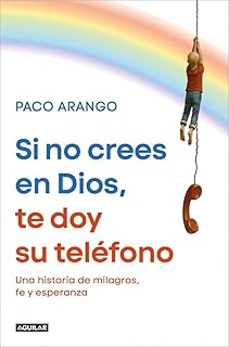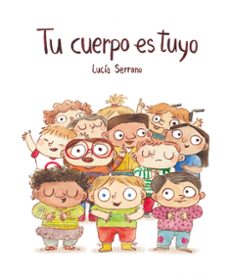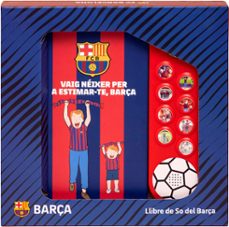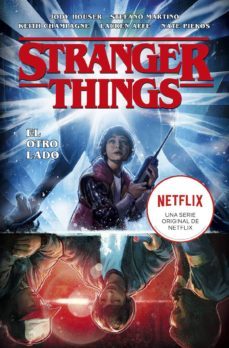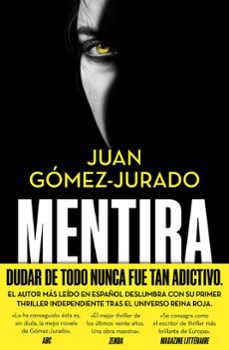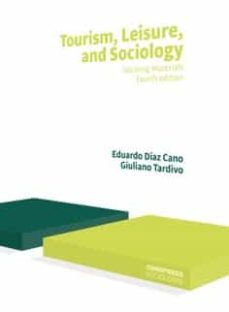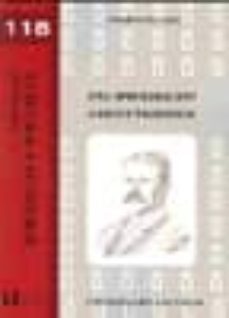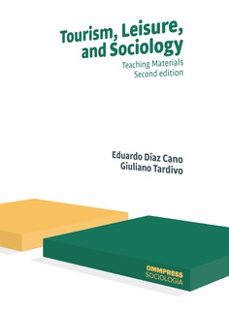Imprescindibles
Ficción
No Ficción
Ciencias y tecnología Biología Ciencias Ciencias naturales Divulgación científica Informática Ingeniería Matemáticas Medicina Salud y dietas Filología Biblioteconomía Estudios filológicos Estudios lingüísticos Estudios literarios Historia y crítica de la Literatura
Humanidades Autoayuda y espiritualidad Ciencias humanas Derecho Economía y Empresa Psicología y Pedagogía Filosofía Sociología Historia Arqueología Biografías Historia de España Historia Universal Historia por países
Infantil
Juvenil
#Jóvenes lectores Narrativa juvenil Clásicos adaptados Libros Wattpad Libros Booktok Libros de influencers Libros de Youtubers Libros Spicy Juveniles Libros LGTBIQ+ Temas sociales Libros ciencia ficción Libros de acción y aventura Cómic y manga juvenil Cómic juvenil Manga Shonen Manga Shojo Autores destacados Jennifer L. Armentrout Eloy Moreno Nerea Llanes Hannah Nicole Maehrer
Libros de fantasía Cozy Fantasy Dark academia Hadas y Fae Romantasy Royal Fantasy Urban Fantasy Vampiros y hombres lobo Otros Misterio y terror Cozy mistery Policiaca Spooky Terror Thriller y suspense Otros
Libros románticos y de amor Dark Romance Clean Romance Cowboy Romance Mafia y amor Romance dramatico Romcom libros Sport Romance Otros Clichés Enemies to Lovers Friends to Lovers Hermanastros Slow Burn Fake Dating Triángulo amoroso
Cómic y manga
Novela gráfica Novela gráfica americana Novela gráfica europea Novela gráfica de otros países Personajes, series y sagas Series y sagas Star Wars Superhéroes Cómics DC Cómics Marvel Cómics otros superhéroes Cómics Valiant
eBooks
Literatura Contemporánea Narrativa fantástica Novela de ciencia ficción Novela de terror Novela histórica Novela negra Novela romántica y erótica Juvenil Más de 13 años Más de 15 años Infantil eBooks infantiles
Humanidades Autoayuda y espiritualidad Ciencias humanas Economía y Empresa Psicología y Pedagogía Filosofía Historia Historia de España Historia Universal Arte Cine Música Historia del arte
Ciencia y tecnología Ciencias naturales Divulgación científica Medicina Salud y dietas Filología Estudios lingüísticos Estudios literarios Historia y crítica de la Literatura Estilo de vida Cocina Guías de viaje Ocio y deportes
Eduardo Díaz Cano
Recibe novedades de EDUARDO DIAZ CANO directamente en tu email
Filtros
Del 1 al 4 de 4
OMM PRESS 9788417387938
Eduardo Díaz Cano, PhD in Sociology, teaches Sociology since 2006 in the Rey Juan Carlos University in different bachelors degrees such as Tourism, Advertising and Public Relations, Marketing, Econo
Ver más
Tapa blanda
OMM PRESS 9788494576140
To explain and better understand how the current company does work, we must consider the social dimensions of it and understand the organization of resources in relation to the development of society where it does really make its business. Because of this, University Rey Juan Carlos presents different degrees within the European Higher Education Area (EHEA) (Business Administration, Marketing, Economics, Industrial and Labor Relations, Human Resources, etc.), which incorporate in their training curriculum the subject Corporate Sociology as a basic training subject.The general objective of this text is to provide the students an overview of the role of the company in relation to the processes of change and social dynamics, paying particular attention to important social and economic transformations taking place in the context of the transition to the information society and to globalization, transformations affecting both, qualitatively and quantitatively, the concept of work itself and its organization.Jaime Hormigos Ruiz, PhD in Sociology, has taught, among other places, at the Diplomatic School (MAEC), Castilla-La Mancha University and the Center for Legal and Social Studies Ramon Carande (Complutense University). For twelve years taught Corporate Sociology in the Department of Communication II and Social Sciences at Rey Juan Carlos University.Eduardo Diaz Cano, PhD in Sociology, is also professor in the same Department at Rey Juan Carlos University since 2006, and teaches, among other subjects, Corporate Sociology.
Ver más
Tapa blanda
DYKINSON, S.L. 9788498497045
Del autor de Die Soziallehren, Ernst Treoltsch, 1865-1923, Almania, teólogo, filosofo, sociólogo, político publicista, se ha edutado orco en lengua castellana y por ello se presentan, primeramente, los datos mas significaticvos de su bografia, necesarios para poder conocer su obra; sus compañeros de viaje junto a los que su pensamiento va tomando cuerpo; en su medio social; politico; economico; religioso o cultural: su entorno, que va dejando huellas impresas tanto desde el por que como desde el cuando. El segundo objetivo es mostrar el contenido de su obra "Las enseñanzas sociales", su gran obra. Formado en la escuela de Ritschl, tuvo otras influencias: Kant, Leibniz o Dilthey y charlo desde Heidelberg o Berlin, unas veces apaciblemente otras cn menos calma, con Weber, Simmel o T nnies. Con Harnack tambien compartio su interes por el ethos cristiano como hecho historico, no pasado y olvidado sino como proceso que continua siendo de fundamental importancia para el presente y lo sera para el futuro, independientemente del formato, estructura o grupo, en el que se apoye, lo que es una de sus punzantes consideraciones que nos situa en el centro del preste texto.
Ver más
Otros
OMM PRESS 9788417387754
Eduardo Díaz Cano, PhD in Sociology, teaches Sociology since 2006 in the Rey Juan Carlos University in different bachelors degrees such as Tourism, Advertising and Public Relations, Marketing, Econo
Ver más
Tapa blanda
Del 1 al 4 de 4
